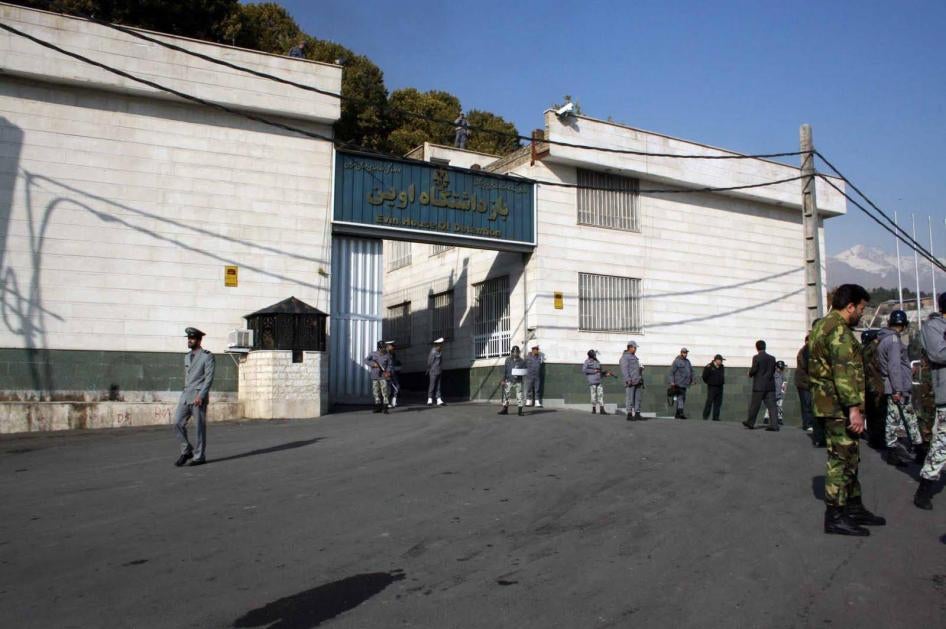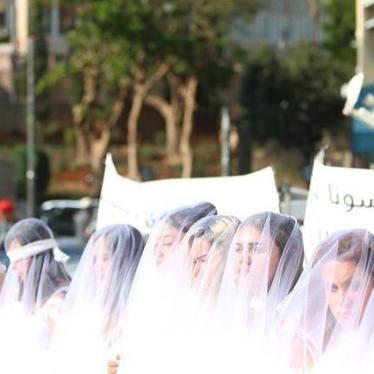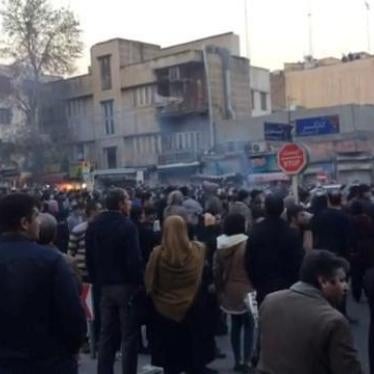This coming Sunday a group of Iranian parliamentarians plan to visit Evin prison in Tehran, where dozens of political prisoners are held, the head of the parliamentary judiciary commission, Allahyar Alishahi, has announced.
During recent protests, more than 3,700 people were arrested across Iran, and dozens of these people are held in Evin prison. Parliament requested the visit after the arrests, and after hearing reports of at least three deaths in detention, as well as allegations of mistreatment and torture in detention centers across the country.
Iranian activists doubt such visits are effective. Mahdieh Golrou, imprisoned in Evin for more than two years for her student activism after the disputed 2009 presidential election, tweeted that, “Anytime anyone wanted to come for a visit [to prison], they would send the vocal people to the yard. After they were gone we would realize that they had visited our ward. What exactly do they want to look into? ... ”
Iranian authorities have a history of impunity and ignoring allegations of torture in detention. Prisoners, particularly those facing vaguely defined national security charges, are regularly denied access to a lawyer, and when they report torture they are often ignored.
Still, a parliamentary visit could help shed light on potential abuses – but it should not be mistaken for a visit from independent investigators. Parliamentarians should insist on unrestricted access to all parts of Evin prison, including wards 209 and 2-Alef, where intelligence authorities supervise the detainees. They should also insist on meeting with prisoners individually without the presence of prison authorities and ensure prisoners who report mistreatment are protected. With assistance from independent rights groups, they should prepare a list of prisoners or groups of prisoners considered at risk of mistreatment and request to meet with them.
Additionally, this visit is only the first step of what the parliamentarians can do. They should demand authorities allow Iranian and foreign independent investigators into prisons across the country. Since 2005, Iran has not allowed UN experts to visit the country.
In addition, they should also launch a comprehensive inquiry into alleged abuses during the recent protests, including those involving the unlawful use of force. This was – belatedly – conducted for abuses that occurred in connection with the 2009 presidential election protests and led to the sentencing of the former Tehran Prosecutor General Saeed Mortazavi for complicity in the deaths of three people in detention.
Only then, can the Parliamentarians’ visit be a step towards ensuring detainees’ rights.









